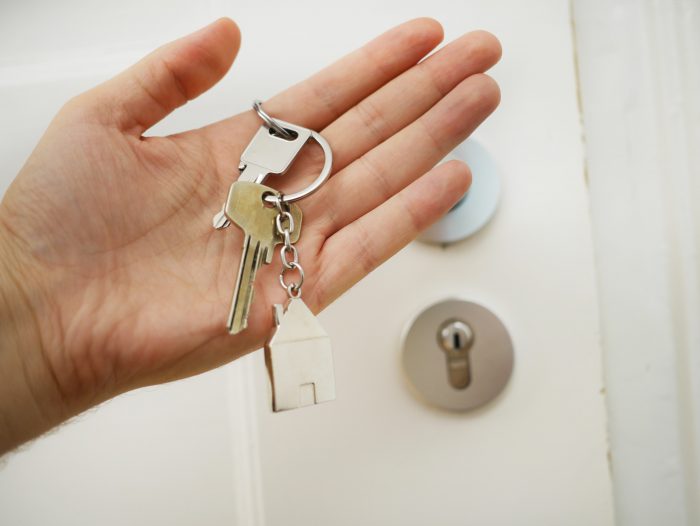Exercitation ullamco laboris nis aliquip sed conseqrure dolorn repreh deris ptate velit ecepteur duis.
Get in touch
- Source Insurance, Global Reach, Cardiff, CF11 0SN
- [email protected]
- 02920 265265
- Monday to Friday: 8.30am to 5pm
- Source Insurance, Global Reach, Cardiff, CF11 0SN
- Support 02920 265265
Budgeting Checklist for Buying Your First Home
-
Source Insurance > Blog > First Time Buyer > Budgeting Checklist for Buying Your First Home
 First Time Buyer
First Time Buyer
If you are readying yourself to buy your first home, keep in mind that doing so can incur a range of costs and fees, the expense of which can be easy to overlook. According to research conducted by Which? over 2018 and 2019, the average costs when buying a property (aside from the actual house price) are between £1,330 and £6,140. For this reason, you could benefit from drawing up a rigorous checklist of what to budget for.
This article includes a rundown of the main costs and where they come into play.
Stamp Duty
What is Stamp Duty? Stamp Duty Land Tax (or Land and Buildings Transaction Tax in Scotland and Land Transaction Tax in Wales) is a lump-sum tax that anyone has to pay, when buying a property or land that costs more than a specific amount. The rate of tax varies based on the price and type of the property.
In England, Stamp Duty rates are payable on homes costing over £125,000. However, first-time buyers are entitled to a discount, as they are exempt from Stamp Duty on the first £300,000 of a property valued up to £500,000. The standard thresholds for Scotland and Wales are £145,000 and £180,000 respectively. However, due to the COVID-19 pandemic and subsequent lockdowns, the Government has provided further relief on Stamp Duty tax to stimulate market activity. The temporary reduction in rates is currently in place until 31 March 2021.
Deposit
This is the most commonly understood cost that comes alongside buying a new house. While a mortgage could help you fund most of the home purchase, you will still need to pay a deposit, which is likely to account for at least 5% to 20% of the property’s total selling price. Therefore, for a £250,000 home, you would likely need to pay a deposit of £12,500 to £50,000.
Valuation fee
In assessing how large a mortgage they should lend to you, a mortgage lender will factor in the property’s value. However, they are unlikely to carry out a valuation without first charging you a fee that, depending on the property’s value, could be anything from £150 to £1,500.
Surveyor’s fee
You should not confuse the lender’s valuation with a complete structural survey. Only the latter will identify the full range of repairs or maintenance potentially necessary for the property. The cost of a home survey will vary depending on the property price and the type of report you want. The average fee ranges between £400 and £1,500 for a surveyor to carry out that survey. Whilst this may seem like an unnecessary additional expense, it could help spare you repair costs later.
Legal fees
The process of buying a home will involve legal work for which you would usually require a solicitor or licensed conveyor. The fees for their services will typically total £850 to £1,500 – including 20% VAT. To look for local plans or issues, they can also do local searches each priced at £250 to £300.
Electronic transfer fee and removal costs
You will typically need to pay £40 to £50 to fund the lender’s transfer of mortgage money to the solicitor. This minor charge is known as the electronic transfer fee. Meanwhile, paying for your items to be moved into the new home can cost £300 to £600, though renting a van and doing it yourself is another option and if you have the time, can save you a lot of money.
Mortgage fees
These can include a £99 to £250 booking fee, mortgage valuation fee of at least £150, and an arrangement fee potentially totalling as much as £2,000. By paying all of these fees upfront rather than as part of the mortgage, you can save yourself interest that would otherwise payable over time.

Recent Comments